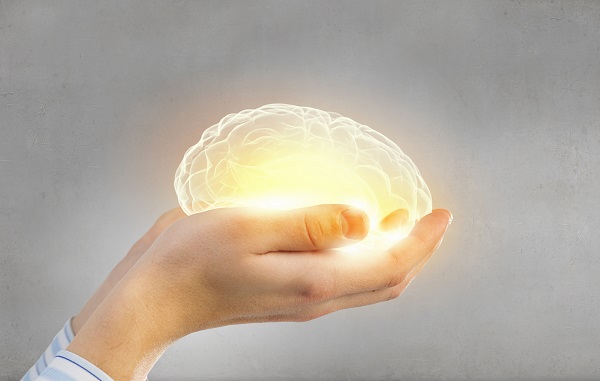How Does a Psychiatrist Help With Mental Health?

If you have any type of mental health problem, then a psychiatrist can help with it. However, you may be wondering how a psychiatrist will help. There are a number of different treatment options that a psychiatrist offers. The right one will depend on your mental health condition. However, first, it is important to understand what a psychiatrist is.
What is a psychiatrist?
A psychiatrist has attended medical school and earned an M.D. This type of doctor works with the physical brain. The way it interacts with a patient’s behavior is studied by psychiatrists. When the brain interacts with the behavior of a patient, it will form the personality of that patient.
A psychiatrist has also completed a residency at either a hospital or a clinic. The residency allows the psychiatrist to receive training in many different disciplines. After the residency, which is usually about four years long, a psychiatrist will take the state medical board exam. A few of the areas that a psychiatrist is knowledgeable in include:
- Forensic psychology
- Neurology
- Chemical dependency
Helping with mental health
A psychiatrist can determine if an illness has been caused by a physical condition or by mental health. Often, a psychiatrist can rule out a medical cause before making a diagnosis. This can help the patient get the treatment that they need. For example, a thyroid problem can cause negative feelings in a patient. The issue is that anxiety can also cause similar symptoms. A psychiatrist will have the exams done to rule out a thyroid issue before prescribing anti-anxiety medications.
A chemical imbalance can also cause issues for patients. If there is a chemical imbalance, a patient may receive medications to restore the balance. Then the psychiatrist can observe how the body will react to these symptoms. Studying the effect of the medication on the body will help a psychiatrist see if it is working well for a patient.
Diagnosis and treatment
After making a diagnosis, a psychiatrist may prescribe the right medication for the condition. For example, both anxiety and depression are controlled well by medicine. However, sometimes, medication is not enough to help a patient manage these mental health conditions. If this is the case, a patient may need to receive counseling in addition to the different medications.
Psychotherapy is a term for a wide range of “talk therapy” options. A patient will spend time talking to a therapist about a range of topics. The goal of this therapy is to eliminate negative symptoms from a patient’s life. A patient will often have psychotherapy with medication at the same time.
Visit a psychiatrist near you today
Psychiatrists can treat mental health problems, such as bipolar disorder, anxiety and depression. Medications can fix the chemical balances in your brain. If this is not enough, then psychotherapy can help you sort through negative thought patterns. These treatments will help your mental health by giving you a good quality of life back. Visit a psychiatrist near you today to start your journey to wellness.
Get more information about Future Psych Solutions in Columbia at https://futurepsychsolutions.com.
Check out what others are saying about our services on Yelp: Read our Yelp reviews.
Related Posts
Post-traumatic stress disorder PTSD treatment continues to evolve, especially for individuals who do not find enough relief with traditional talk therapy or standard medications alone. PTSD affects the brain's stress circuits, mood regulation, and sleep, which can make daily life feel overwhelming. Modern interventional psychiatry focuses on advanced therapies that help the brain reset and…
Depression can be difficult to manage, particularly for those who do not respond to traditional antidepressants and other methods. In these cases, spravato for depression offers a new and effective psychiatric treatment option. This FDA-approved medication, also known as esketamine, is administered as a nasal spray under medical supervision. It has shown remarkable results for…
Treatment-resistant depression can leave patients feeling stuck, even after exploring different medications and approaches to therapy. The good news is that TMS therapy, or transcranial magnetic stimulation, offers a new way forward. This innovative and noninvasive psychiatric treatment aims to restore healthy communication between brain regions responsible for mood, emotion, and focus, providing a path…
Ketamine therapy is an effective treatment method for treatment-resistant mental conditions, such as depression, anxiety disorders, and post-traumatic stress disorder (PTSD). However, common misconceptions may prevent individuals from choosing this treatment and obtaining the relief they need. Our team is here to dispel the three most common myths surrounding ketamine therapy so you can make an…


